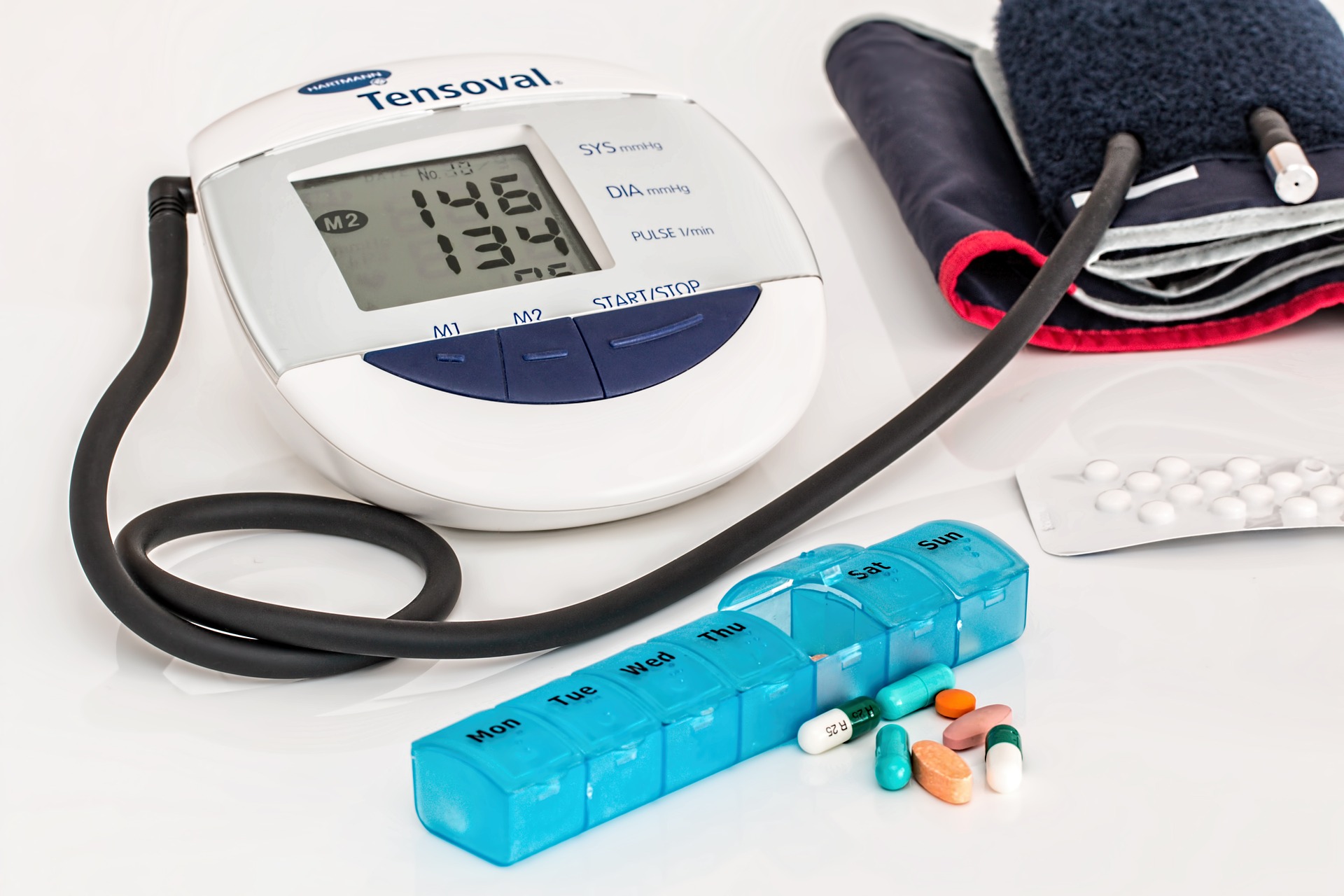In full transparency, the following is a media release from Sen. Ed Markey , who was elected by voters in the Commonwealth of Massachusetts to serve the state in Washington DC in the US Senate. He is a Democrat. (stock photo)
***
[broadstreet zone=”59946″]
WASHINGTON DC – Within the first two weeks of re-entry, individuals released from correctional facilities are 129 times more likely to die from an opioid overdose than the general population. To help ensure that individuals can access the care they need, Senators Edward Markey (D-Mass.) and Sherrod Brown (D-Ohio) and Congressman Bobby Scott (VA-03) reintroduced the Supporting Positive Outcomes After Release Act.
This legislation would require states to suspend, rather than terminate, an individual’s Medicaid coverage while they are incarcerated, ensuring access to addiction treatment, mental health services, and medications in the critical, immediate days and weeks after release.
This is already the policy in 31 states which allow for immediate reactivation upon release. Drug overdoses rose dramatically during 2020 and the COVID-19 pandemic.
[broadstreet zone=”59982″]
An estimated 93,000 Americans died from drug overdoses in 2020. Providing seamless reactivation of Medicaid coverage after release from incarceration will saves lives and help individuals stay out of jails and prisons.
“The time immediately after re-entry is the most precarious and dangerous for formerly incarcerated individuals with a substance use disorder, and we should be using all of the tools at our disposal to connect them to care and treatment as quickly as possible,” said Senator Markey. “With the COVID-19 pandemic accelerating the opioid epidemic, it is more important now than ever to continue working to address this public health crisis and right the wrongs of the failed War on Drugs. We must do more to remove barriers to care, including for those who have been incarcerated. This includes requiring states to suspend and not terminate Medicaid coverage for all eligible individuals. I look forward to working with my colleagues to help make access to care easier, no matter where they live, and to help save lives.”
[broadstreet zone=”59984″]
“The re-entry period is a very uncertain time in formerly incarcerated people’s lives and that is especially true in the wake of the COVID-19 pandemic. Evidence shows that access to health care for individuals reduces recidivism,” said Congressman Scott. “This bill will ensure they have access to the supports they need to put them on the right path. I look forward to partnering with Senators Markey and Brown on getting this bicameral legislation passed through both chambers of Congress and sending it to President Biden’s desk for his signature.”
“Everyone should have a right to quality, affordable healthcare, and we know the re-entry period for formerly incarcerated individuals and their families can be particularly challenging if they have a history of substance use disorder,” said Senator Brown. “We must do a better job at making sure formerly incarcerated individuals have the tools they need to stay healthy, to help them get back on their feet so that they can hold down jobs and contribute to their communities.”
The Supporting Positive Outcomes after Release Act would build upon progress made in the SUPPORT for Patients and Communities Act (Public Law No: 115-271) that now requires states to suspend, rather than terminate, Medicaid coverage for Medicaid beneficiaries up to the age of 21. It would expand this bipartisan policy by applying it to all adult Medicaid beneficiaries.
Full text of the legislation can be found HERE.


